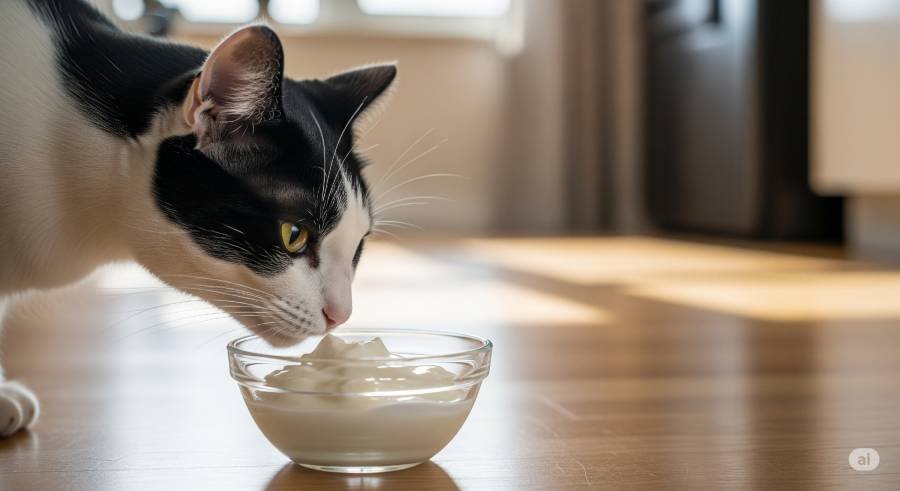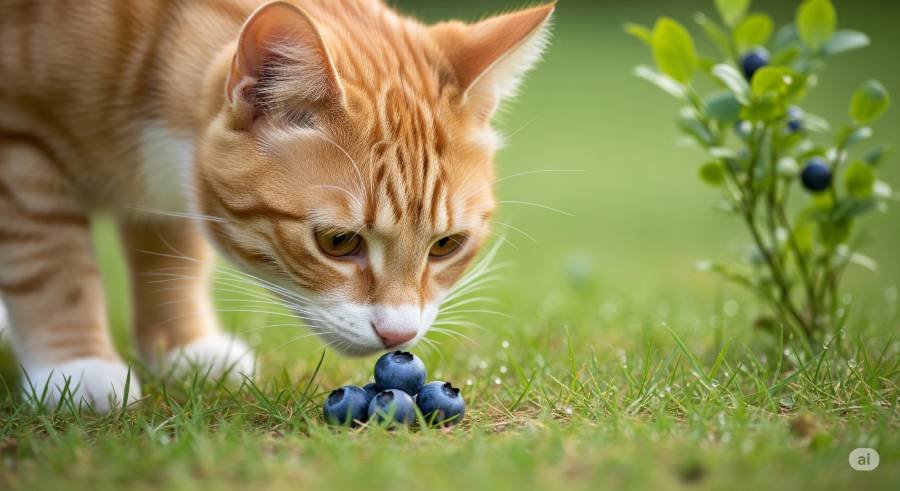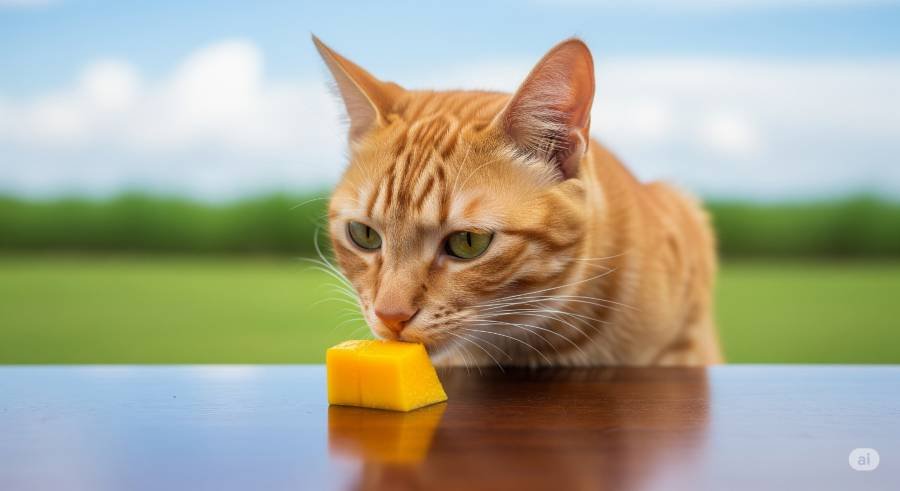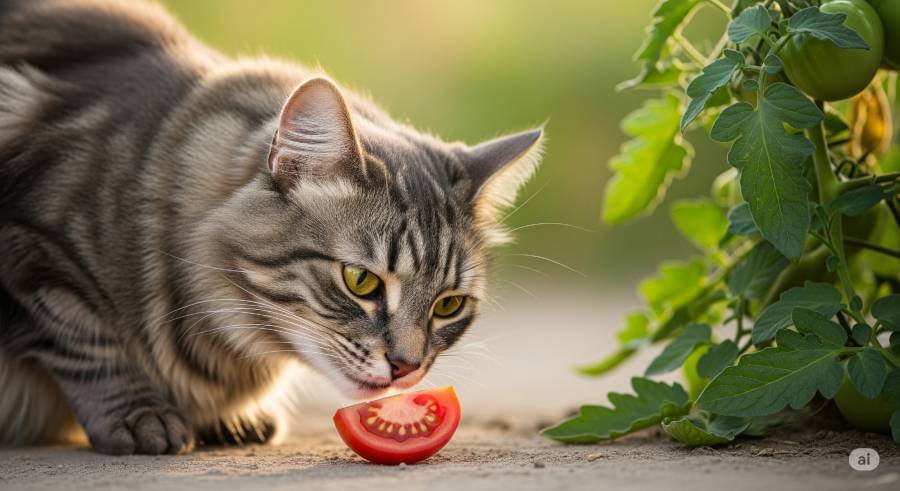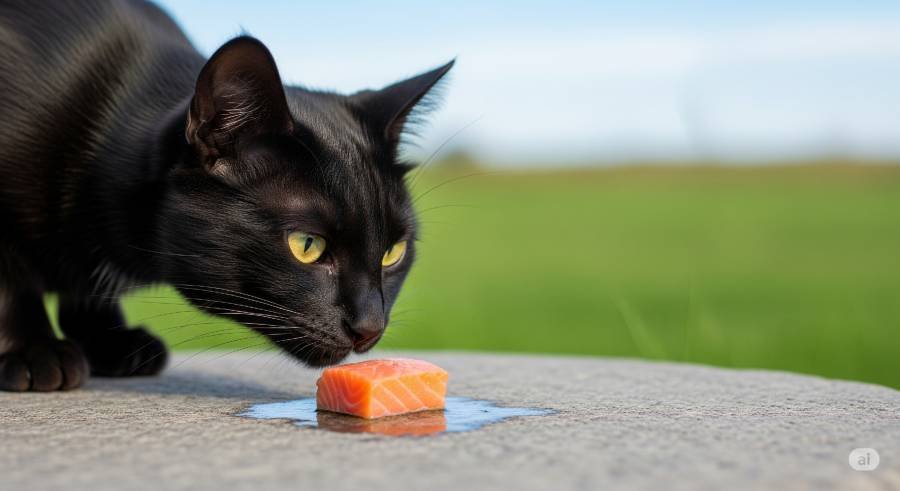Popcorn, a popular human snack, is not an ideal treat for cats. While plain, air-popped popcorn is non-toxic in very small amounts, it offers little nutritional value and poses several risks.
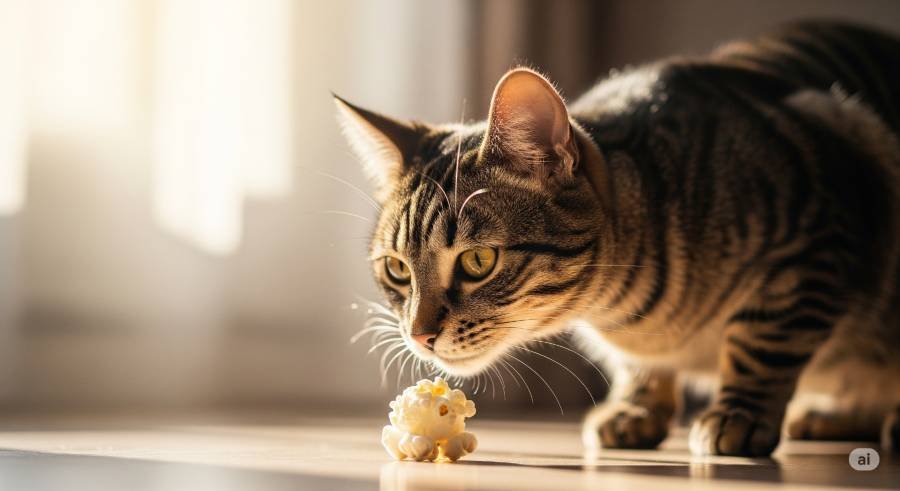
Potential Benefits of Popcorn for Cats
Plain, air-popped popcorn may offer minimal benefits when given sparingly:
- Fiber: Popcorn contains small amounts of dietary fiber, which could aid digestion or help with mild constipation in felines.
- Low Calories: Plain, air-popped popcorn is low in calories compared to fatty or sugary treats, making it a less calorie-dense option.
- Texture Appeal: Some felines may enjoy the crunchy texture of popcorn, providing sensory stimulation as an occasional treat.
These benefits are negligible, as popcorn lacks essential nutrients for felines, and safer treat options exist.
Risks and Dangers of Popcorn for Cats
Feeding popcorn to felines carries several risks:
- Digestive Issues: Popcorn is high in carbohydrates, which felines struggle to digest efficiently. Excessive consumption may cause bloating, gas, diarrhea, or vomiting.
- Choking Hazard: Popcorn kernels, especially unpopped or partially popped ones, are hard and pose a choking risk or potential for dental damage.
- Intestinal Blockage: Unpopped kernels or large pieces of popcorn could cause intestinal blockages if swallowed, requiring urgent veterinary intervention.
- Seasonings and Additives: Many popcorn varieties are seasoned with butter, salt, cheese, caramel, or spices, which are harmful. Salt can lead to sodium poisoning, while butter and oils contribute to obesity or pancreatitis. Ingredients like garlic or onion powder are toxic, causing anemia.
- Pesticides or Contaminants: Non-organic corn may carry pesticide residues, and improperly stored popcorn could harbor mold or bacteria, posing health risks.
- Nutritional Imbalance: Popcorn lacks essential nutrients like taurine, vital for feline heart and eye health. Regular consumption could disrupt a balanced diet.
How to Safely Feed Popcorn to Cats
If offering popcorn, take these precautions:
- Use Plain, Air-Popped Popcorn: Only provide unsalted, unbuttered, air-popped popcorn without seasonings, oils, or flavorings. Avoid microwave or pre-packaged popcorn, which often contains harmful additives.
- Offer Tiny Amounts: A small piece (e.g., one or two small, fully popped kernels) as a rare treat (once a month or less) is sufficient. Treats should not exceed 10% of a feline’s daily caloric intake.
- Break into Small Pieces: Crush popcorn into tiny, manageable pieces to reduce choking risks and aid digestion.
- Ensure Fully Popped: Avoid unpopped or partially popped kernels, which are hard and dangerous.
- Monitor for Reactions: Introduce popcorn slowly and watch for signs of digestive upset (e.g., vomiting, diarrhea) or allergic reactions (e.g., itching, swelling) over 24–48 hours. Stop feeding popcorn if issues arise and consult a veterinarian.
- Avoid Flavored Popcorn: Never offer popcorn with butter, salt, cheese, caramel, or seasonings like garlic or onion, as these are harmful or toxic.
- Consult a Vet: Before giving popcorn, especially to felines with health conditions like obesity, digestive issues, or dental problems, seek veterinary guidance.
Signs of Popcorn-Related Issues
If a feline consumes unsafe popcorn or too much, watch for these symptoms:
- Vomiting or diarrhea
- Choking, gagging, or difficulty swallowing
- Lethargy or weakness
- Excessive thirst or urination (indicating salt poisoning from salted popcorn)
- Pale gums or rapid breathing (possible signs of garlic or onion toxicity)
- Abdominal pain or discomfort
If these signs appear, discontinue popcorn and contact a veterinarian immediately. Choking, blockages, or toxicity require urgent care.
Expert Opinions
Veterinary sources, such as the ASPCA and PetMD, confirm that plain, air-popped popcorn is non-toxic to felines but is not recommended due to its lack of nutritional value and potential risks. The ASPCA warns against feeding popcorn with toxic additives like garlic or excessive salt. Veterinarians advise prioritizing feline-specific treats or plain, unseasoned meats to meet nutritional needs safely.
Additional Considerations
- Health Conditions: Felines with obesity, pancreatitis, kidney disease, or dental issues should avoid popcorn due to its carbohydrate content, potential for blockages, or dental damage. Consult a vet before offering it.
- Kittens: Kittens have sensitive digestive systems and should not be given popcorn, as it may cause choking or significant digestive upset.
- Feline Preferences: Not all felines are interested in popcorn’s texture or taste. If uninterested, offer safer alternatives like freeze-dried meat treats.
- Organic vs. Non-Organic: Organic popcorn may have fewer pesticides, but all popcorn should be plain, air-popped, and free of contaminants.
- Dental Health: Hard popcorn pieces could damage feline teeth, especially in older animals or those with dental issues.
Safe Treat Alternatives
Instead of popcorn, consider these safer treat options:
- Cooked Chicken or Turkey: Plain, unseasoned, cooked meat is a protein-rich, natural treat.
- Freeze-Dried Meat Treats: Feline-specific treats like freeze-dried salmon or chicken are nutritious and appealing.
- Pumpkin Puree: A teaspoon of plain, canned pumpkin (not pie filling) supports digestion.
- blueberries: A few mashed blueberries provide antioxidants and are low in calories.
Introduce new treats gradually, monitor for reactions, and consult a vet if unsure about safety.
Felines can eat tiny amounts of plain, air-popped popcorn as a rare treat, but it’s not recommended due to its lack of nutritional value, potential for digestive issues, and risks like choking or blockages.
If offered, ensure popcorn is unseasoned, fully popped, and given sparingly, with close monitoring for adverse reactions. Felines with health issues or kittens should avoid popcorn entirely.
A meat-based, feline-specific diet with appropriate treats is best for health.
Always consult a veterinarian before introducing popcorn or other human foods to ensure safety.
